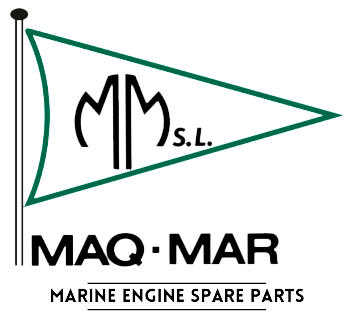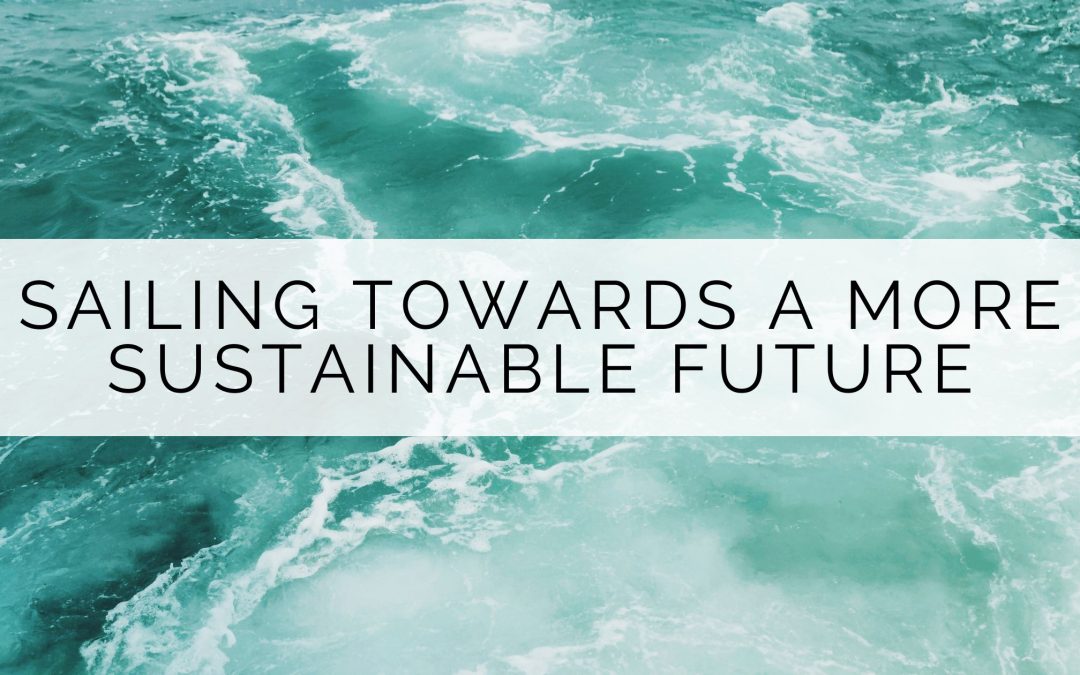Maritime transport emits less than 3% of CO2 emissions into the atmosphere. Even so, this is an alarming figure, with cruise ships being the biggest polluters. The International Maritime Organisation (IMO) launched in 2020 a restriction on the amount of sulphur that ships can emit. Several alternatives have been proposed to solve this problem. In this post we explain how the maritime industry can reduce its environmental impact.
Are scrubbers and LNG the best alternative?
As we explained in a previous post, scrubbers are systems for cleaning or scrubbing polluting gases that are placed in the chimneys of ships. They capture gases such as sulphur and neutralise them by mixing them with liquids. However, although these components are not released into the air, they can end up in the sea.
There are 3 types of scrubbers:
- Open cycle: pollutants are discharged into the sea (heavy metals, carcinogens, etc.).
- Closed cycle: they are discharged on arrival at the port.
- Hybrid: both types are combined.
However, some experts claim that neither scrubbers nor LNG – liquefied natural gas – are a good solution to reduce environmental damage. In the case of scrubbers, instead of solving the problem by switching to cleaner fuels (ammonia, hydrogen, methanol…), it is only transferring pollution from the air to the sea, harming marine fauna and consequently human health. On the other hand, ships using LNG can pollute more than ships using heavy fuel oil (HFO), as the methane they emit is much more harmful than CO2. Even so, LNG-powered fleets are increasing in recent years because European governments are backing the arguments of the gas lobby. So, rather than being a solution, LNG seems to be aggravating global warming.
The goal of decarbonising rail and maritime transport by 2050 imposed by Europe has put the maritime industry to work to improve its emissions figures, affecting both suppliers and customers. Shipyards are working to modernise vessels to meet the new environmental standards. Scrubbers are presented as the cheapest alternative to reduce emissions, although not the most effective. While electric batteries may be an option in the car industry, they are not feasible for ships, as they have a very short range and weigh and take up more space than fuel. Another option could be to go back to sails; recently, metal sails, that are controlled by an algorithm, have been developed and are much more efficient.
Pollution in ports: the other big problem for the maritime industry
On the other hand, the pollution that arises in ports due to cruise ship stopovers and the loading and unloading times of cargo ships is very significant. While docked in ports, ships emit a large amount of gases due to the auxiliary engines in operation. To reduce these emissions, electrification of some berthing points has been initiated to connect the ships to the shore power grid when they dock in the port in order to use cleaner energy.
Therefore, the use of fuels with less polluting substances seems to be more effective than the use of scrubbers, which is a simple measure to comply with sulphur emissions and to be able to continue using heavy fuel oil, but does not solve the real problem.
HFO vs. MDO
Companies and governments must work to achieve a cleaner sea and preserve marine ecosystems. At MAQMAR you can find engines that run on marine diesel (MDO), which although this type of fuel is more expensive than HFO, it also has less concentration of pollutants. Marine diesel is also called distillate marine diesel, as it is a mixture of diesel and small amounts of HFO. Due to the restriction of sulphur emissions in 2020, the demand for MDO is expected to increase as ships would have to switch from HFO to MDO or other compliant fuels.
In addition to marine engines, at MAQMAR you can find pumps for ships, such as centrifugal pumps. We are Azcue Pumps distributors and KSB Itur distributors. But also, we can offer you all kinds of original, OEM or reconditioned marine spare parts. If you have any questions about our products you can contact us and we will help you find what you need.
See you next post!


Recent Comments